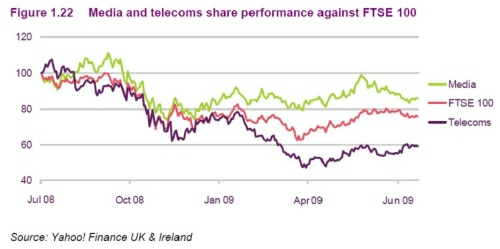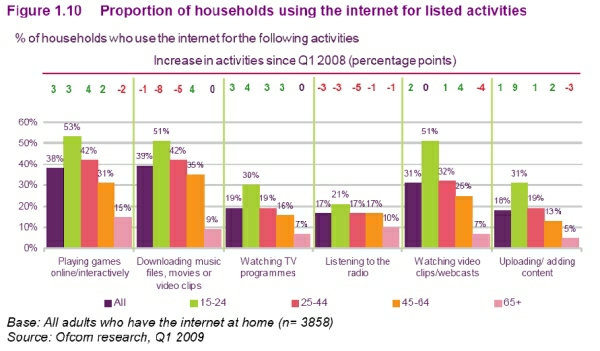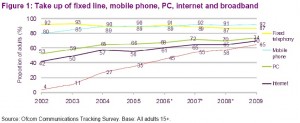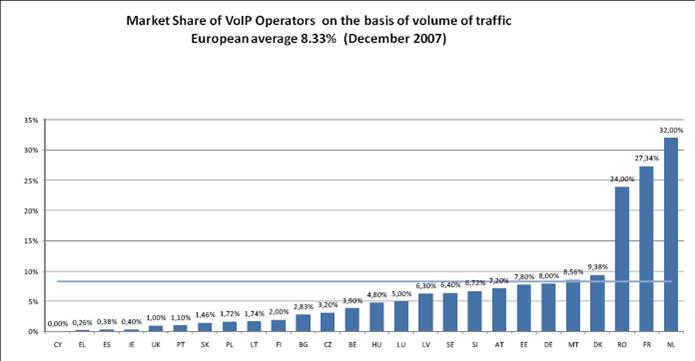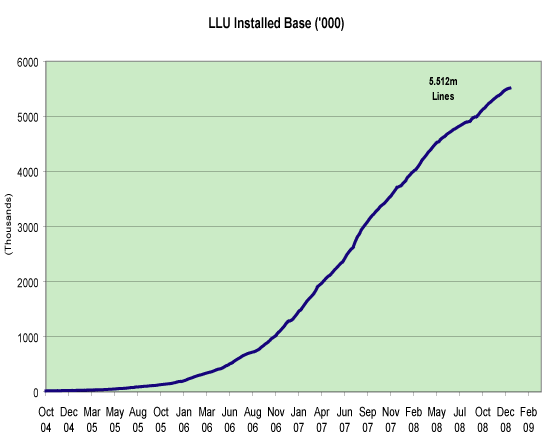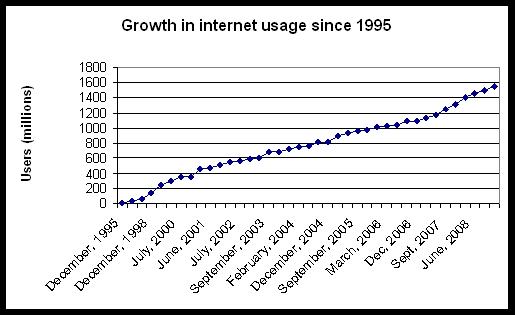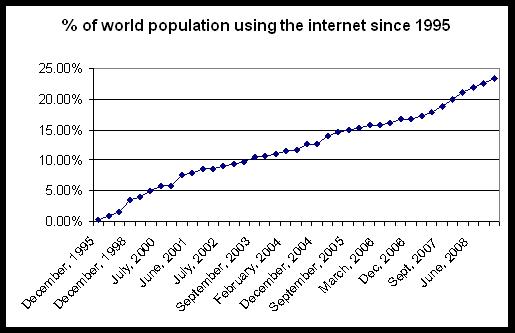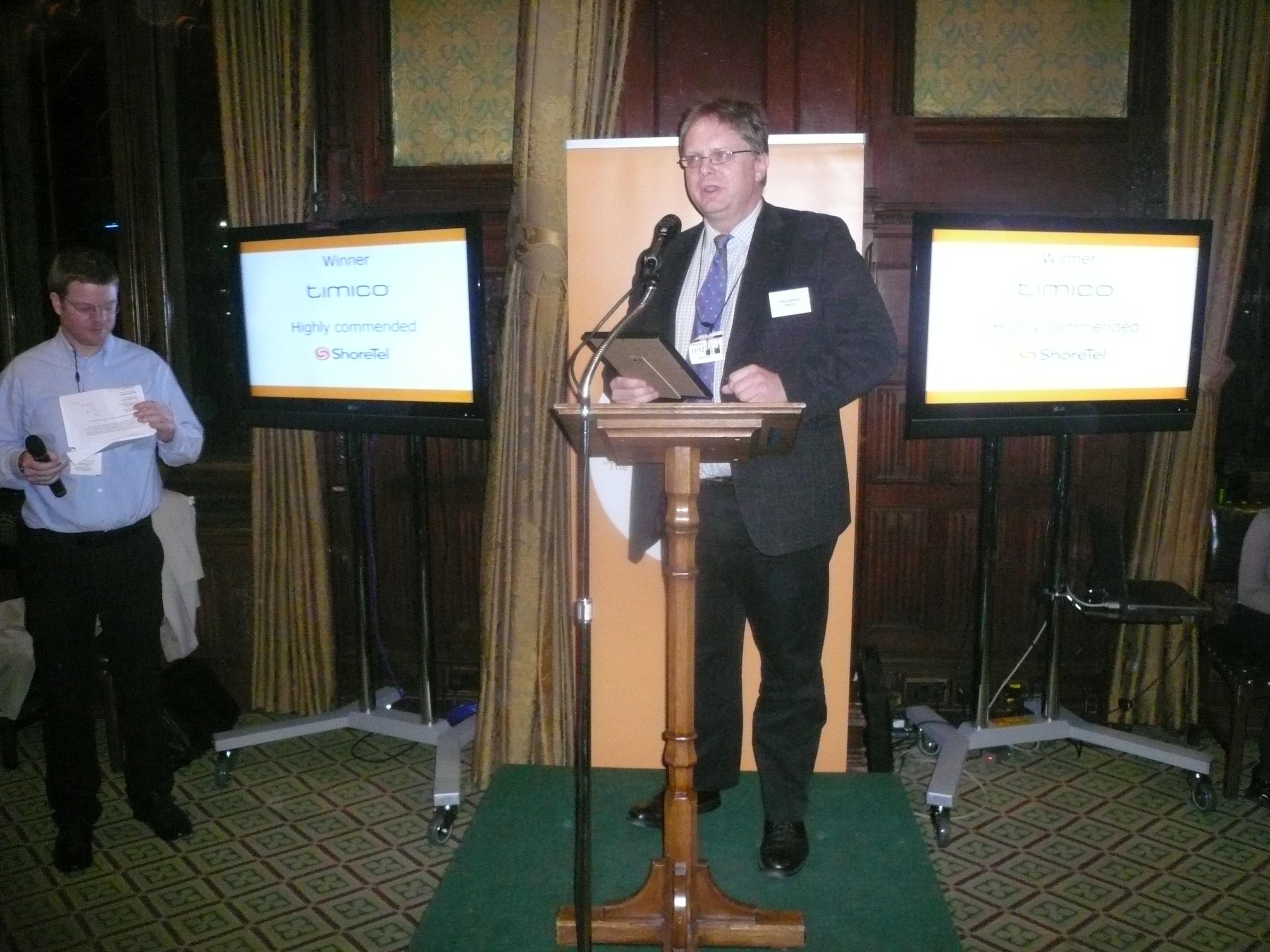In a continuation of the farcial speed that the Digital Economy Bill was rushed through into Law I’m told that Ofcom has already conducted two meetings with the 5 largest ISPs to discuss the implementation of the Code of Practice with a third planned for next Wednesday.
I’m also told that Ofcom has also met with 9 Music Industry Rights Holders and 5 from the movie making industry. Perhaps Ofcom could elaborate on this? If this is the case it seems hugely disproportionate in terms of representation. Hugely unfair in fact and feels very familiar with the way the Law was rushed through in the first place.
Despite what seems on the face of it to be a substantial consultation with Rights Holders no attempt appears to have been made to involve any small ISPs, the ISP Association, ISPA, or the London Internet Exchange, LINX. In fact the majority of the organisations that stand to lose out under the Digital Economy Act.
A threshold is likely to be applied in respect of which ISPs must comply with the DEA. This however has not been set yet and without it seems reasonable that all ISPs likely to be affected by it get a chance to participate in the discussion.
Being a reasonable minded person I am able to look at it from Ofcom’s perspective and observe that they have very little time to put together a Code of Practice around a hugely complex and controversial subject. You might say Ofcom has been stitched up just as the ISPs have been. However in this case it just isn’t good enough. I think everyone concerned here should complain to Ofcom in the morning.
The Ofcom Switchboard number is 0300 123 3000 or 020 7981 3000. Ask for Ed Richards, Chief Executive.
Follow on note – check out these posts from Andrew Cormack, Chief Regulatory Adviser, JANET . He was at one of the meetings.
